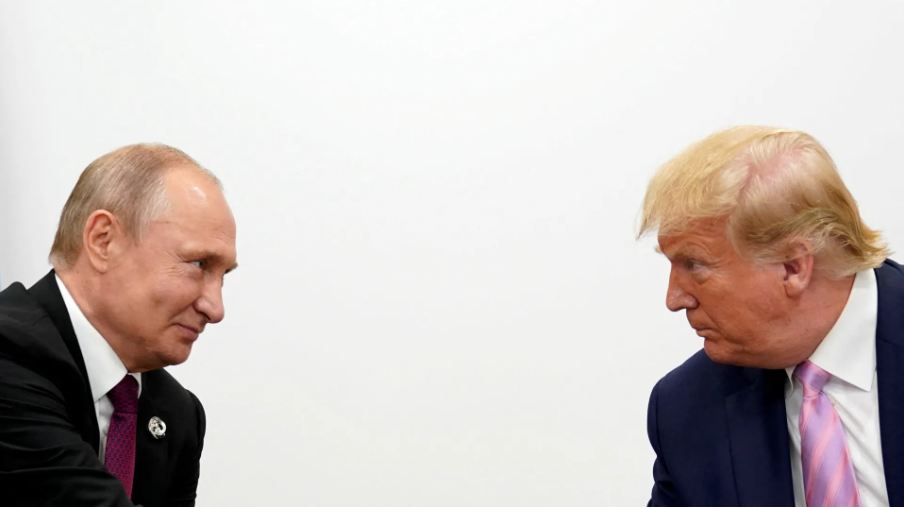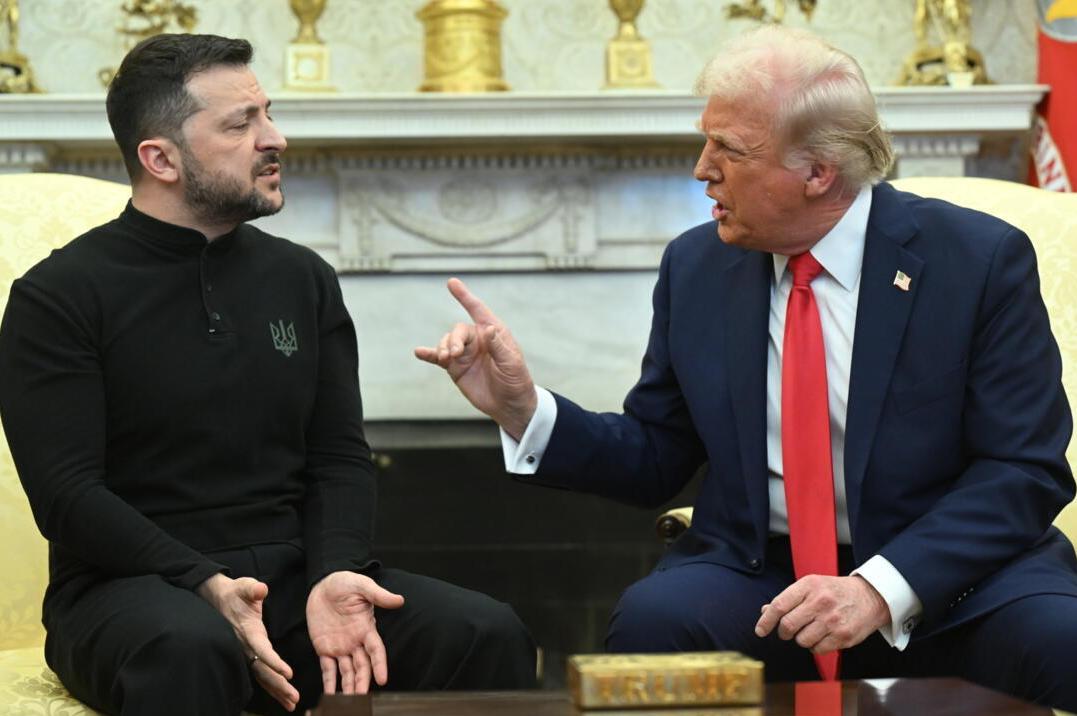
Zhang Tuosheng, Principal Researcher at Grandview Institution, and Academic Committee Member of Center for International Security and Strategy at Tsinghua University
Apr 10, 2025
Here are some suggestions for promoting peace, stability and development in the Asia Pacific region. For starters, to avoid bloc politics and confrontation or even a new cold war in the Asia Pacific, China, the U.S., Russia, Japan and India should actively develop new dialogues and exchanges and build on existing ones.

Xiao Bin, Deputy Secretary-general, Center for Shanghai Cooperation Organization Studies, Chinese Association of Social Sciences
Apr 03, 2025
The U.S.-Russia contest over Ukraine shows both the persistence of classic power politics and the clash of competing worldviews at a time when the international system is undergoing a seismic process of reordering. The Ukraine war and its potential settlement are upending traditional major-power dynamics.

Fu Suixin, Assistant Researcher at Institute of American Studies, Chinese Academy of Social Sciences
Mar 18, 2025
His ultimate vision of a new world order might be some combination of power in which the U.S. takes absolute control of the Western sphere of influence and weighs in heavily on global affairs with other great powers.

Zhang Yun, Professor, School of International Relations, Nanjing University
Mar 05, 2025
The future for European countries hinges on maintaining competitiveness and growth while safeguarding the quality of life of their citizens. The shock delivered by Donald Trump and Vladimir Putin could hasten Europe’s long-overdue strategic awakening.
Fan Gaoyue, Guest Professor at Sichuan University, Former Chief Specialist at PLA Academy of Military Science
Feb 14, 2025
Any lasting solution to the conflict will require consultation with all parties concerned and will be much more complex and difficult than simply putting forth hypothetical scenarios.
Xiao Bin, Deputy Secretary-general, Center for Shanghai Cooperation Organization Studies, Chinese Association of Social Sciences
Jan 27, 2025
The war is unlikely to end according to the timeline of the incoming U.S. president. Imposing his Ukraine plan on Ukrainian President Volodymyr Zelenskyy could give Russia an opportunity to rearm, thereby raising hurdles for the United States and its NATO allies.

Richard Weitz, Senior Fellow, Hudson Institute
Jan 17, 2025
China and Russia, long united by shared strategic objectives, have formed a quasi-alliance that poses a significant challenge to U.S. interests. As the Trump administration navigates this complex relationship, could strengthening U.S. alliances and boosting military readiness be the key to countering this formidable partnership?
Xiao Bin, Deputy Secretary-general, Center for Shanghai Cooperation Organization Studies, Chinese Association of Social Sciences
Jan 07, 2025
When he enters the White House, Donald Trump is going to need a resolution of the Ukraine conflict. But Russia’s decision-makers are unlikely to yield to him. Even if Trump got his way, the underlying issues between Russia and the West would persist.

Richard Javad Heydarian, Professorial Chairholder in Geopolitics, Polytechnic University of the Philippines
Dec 13, 2024
The West’s dominating influence around the world has come under heavy scrutiny as open conflicts rage on in Europe and the Middle East. Does this year’s BRICS Summit, hosted in Russia, represent an inflection point in the global community’s tolerance for U.S.-led order?
Xiao Bin, Deputy Secretary-general, Center for Shanghai Cooperation Organization Studies, Chinese Association of Social Sciences
Nov 29, 2024
The recent election in the United States has given Russia an opportunity to restart strategic dialogues. Under Donald Trump’s leadership, however, U.S.-Russia relations are likely to be dominated by containment and counter-containment. Meanwhile, Russia believes that Russia-China relations are central to world security and can counter Trump’s inclination to make peace through force.